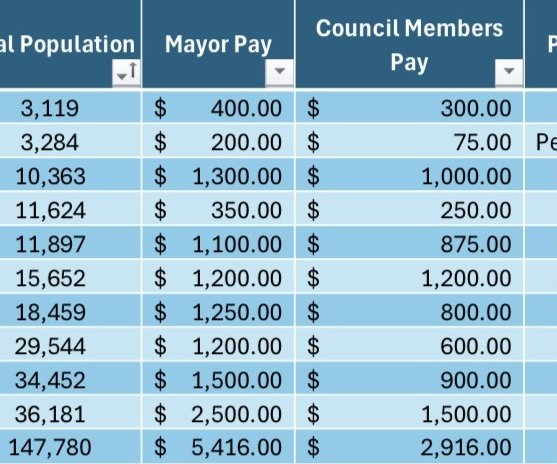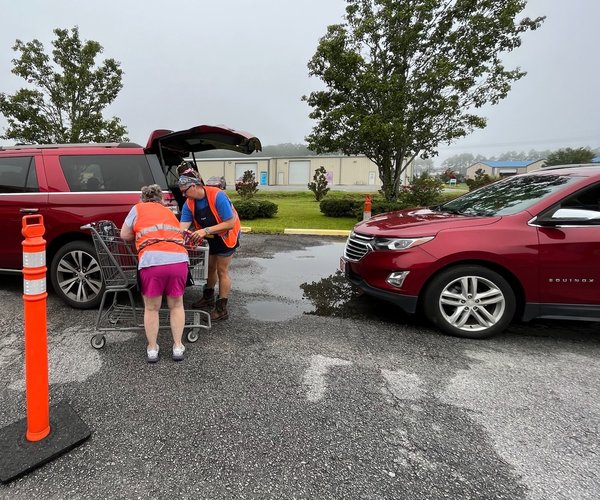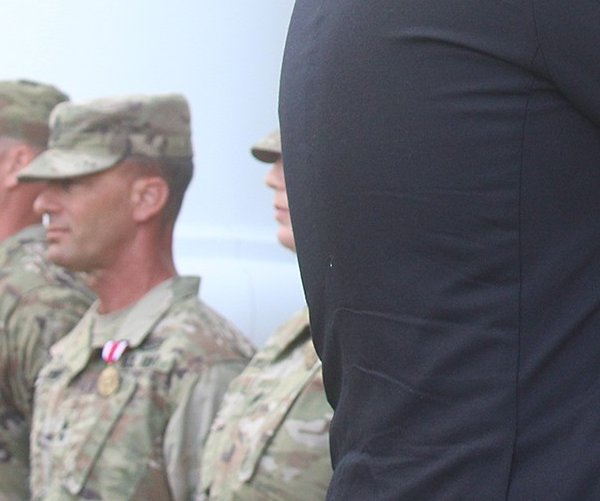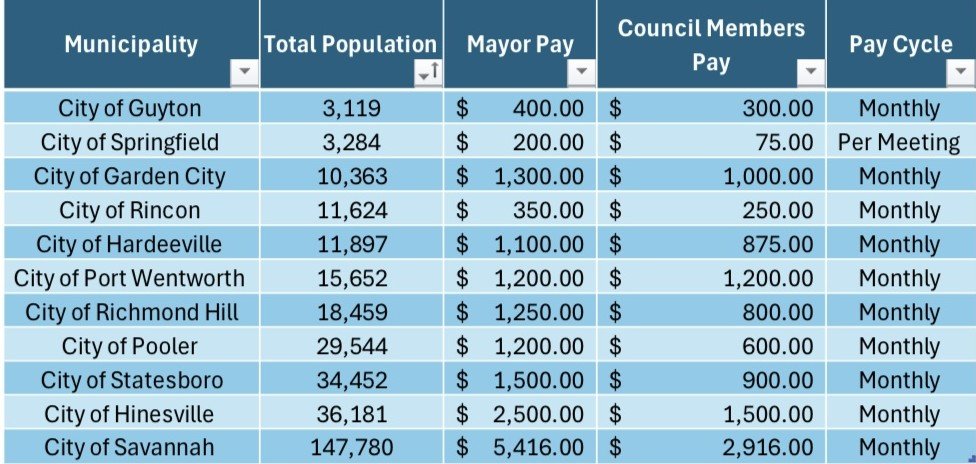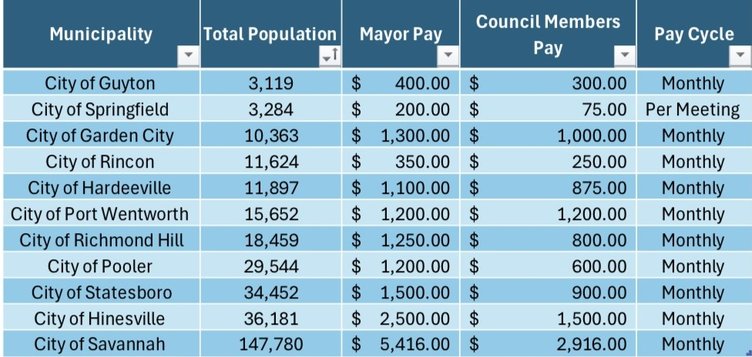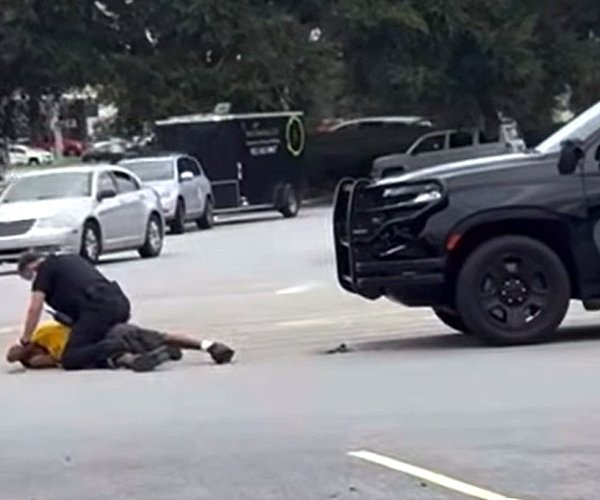We knew it wasn’t going to be perfect and it hasn’t been.Superintendent Dr. Yance Ford
RINCON — “It’s like building an airplane while it’s in the air.”
Those words from Superintendent Dr. Yancy Ford explain how the Effingham County School District is dealing with the COVID-19 pandemic.
“I would have to tell you guys — we are in some trying times now,” Ford said Thursday while addressing the Rotary Club of Effingham County at The Herald Center. “I think we all knew this. As we went into the summer, we knew the start of school would be an issue.”
Effingham County schools opened Aug. 5 with about 13,000 students. More than 100 of them have been placed under quaratine after encountering someone with the virus.
Nearly 3,000 students opted to stay home for virtual learning because of COVID-19 concerns. Ford said the district wasn’t prepared for virtual learning when schools were abruptly closed in March at the start of the pandemic but that is no longer the case.
“We really just put a Band-Aid on it (in March) and tried to get through the end of the year,” he said. “I looked at my curriculum office in May and said, ‘I just don’t think (COVID-19) is going to be gone in August. I wish it would be but I don’t think it will be and we need to start working on a virtual plan because I think we are going to have to give folks some options and not mandate what they have to do.’
“Families need to make decisions based on what they think is best for them.”
To protect students who chose the traditional learning route, the district employs social distancing, relentless cleaning, mask mandates for employees and, unfortunately, occasional student and/or staff quarantines.
“We knew it wasn’t going to be perfect and it hasn’t been,” Ford said. “We’ve experienced some positive cases of COVID before school started as some of our athletes started coming back (for summer workouts), as band members started coming back (for practice),” Ford said. “I think we all know that positive cases were around before the schools started bringing kids back. We just didn’t hear about it because that information is confidential.
“Sometimes people don’t realize that we can’t tell all the information that we know even though we would like to. We would like to be able to tell you that the kindergarten teacher has COVID but we can’t do that. We have to be very confidential and protect that teacher’s HIPAA (Health Insurance and Portability and Accountability Act) rights as well.”
Ford said 12 students have tested positive since the beginning of June. Six of those came after school started and “five never set foot on campus.”
“They found out early on,” Ford said. “Four of those five were involved at South Effingham High School in football and they were going through summer workouts, and it just happened that they tested positive before school started and we were able to keep them from going to school.”
Ford said eight district employees have contracted COVID-19. Three of those cases occurred during the summer.
“Since school started, that number has been five,” Ford said.
The superintendent said all COVID-19 cases in the schools aren’t handled the same way.
“There may be some cases where we feel like one school, one classroom or one hallway — based on our investigation — may need to be shut down for a week, or two weeks, or forty-eight hours or seventy-two hours,” Ford said. “We don’t have a play sheet to go by. I think each case has to be handled individually.”
Ford noted that the different style of teaching between lower and higher grades account for some of the differences. Elementary teachers tend to get closer to their students and high school instructors frequently lecture several feet in front of the class.
“We’re working with the Department of Public Health to determine what constitutes exposure and what doesn’t constitute exposure,” Ford said. “We will continue to have those conversations with them so that we can get it as right as possible because we are dealing with someone’s safety and we are dealing with someone’s life.
“We want to err on the side of caution.”
The school district contacts the Department of Public Health each time it discovers a positive case and heeds its recommendations.
“At the end of the day, we both want the same thing,” Ford said. “We don’t want to put any child in harm’s way. If they have been exposed, then we want to follow the guidance of the Department of Public Health and let that child remain quarantined and monitor their symptoms.
“It’s just tricky because each situation is different.”
According to the Department of Public Health, “close contact” means being within six feet for 15 or more cumalative minutes.
“Some parents may, ‘I don’t think my child was within six feet for fifteen minutes. Why is my child having to quarantine for fourteen days?’ Those are some of the things that we are working through as far as how we determine what really is close contact in a classroom because that is probably the most confined space that a student is going to be in with a school day,” Ford said.
“There is a lot of work to be done on making sure we are making the right decisions,” he continued. “I feel strongly that we have to err on the side of caution as we work through this so we don’t make the wrong decision. We want to do what is right — for sure.”
The superintendent said all absences related to COVID-19 will be excused.
“We’re not questioning that at all,” he said.


